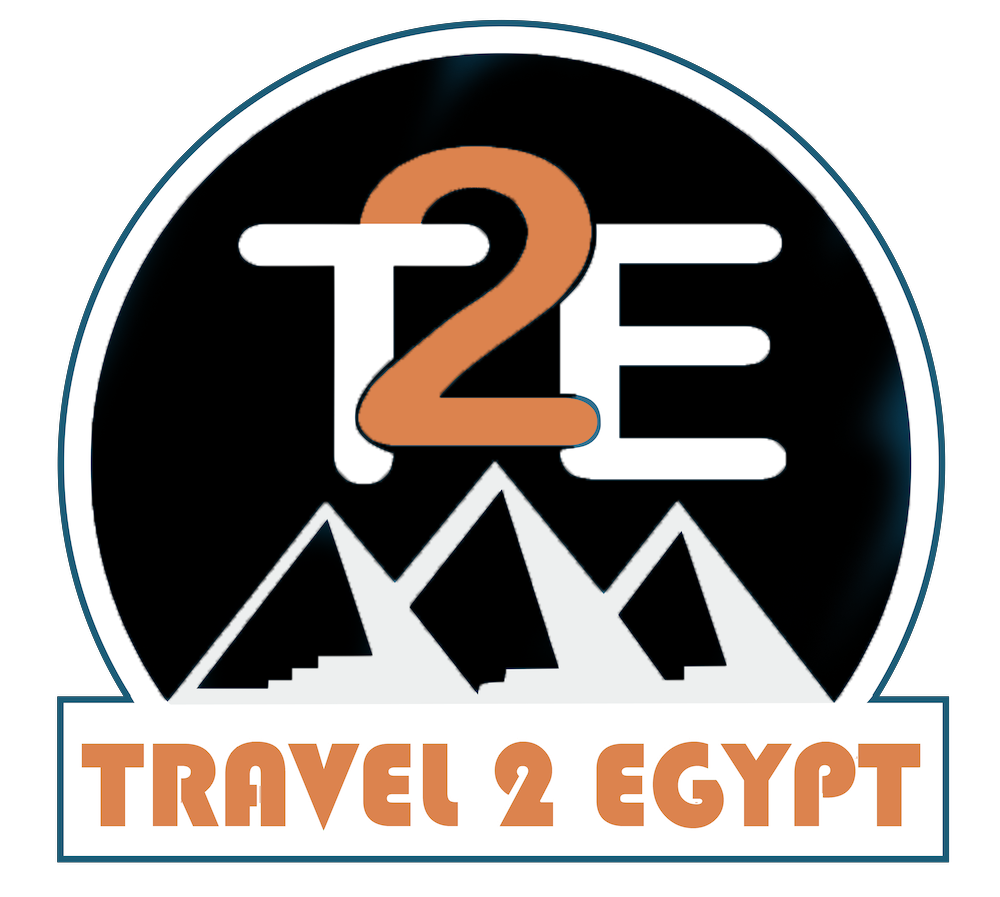Health And Safety
About Us
Health And Safety in Egypt
Traveling to Egypt offers a unique blend of historical exploration and cultural immersion. However, staying healthy and safe during your visit is paramount. Here’s an updated guide for 2024 on Health And Safety in Egypt:
Staying Healthy
- Water Safety:
- Drink only sealed bottled water. If in doubt about the seal or taste, request a new bottle.
- Eating Out:
- Prefer restaurants popular with foreigners, especially expatriates, as they are likely to maintain higher hygiene standards.
- Avoiding Parasitic Diseases:
- Be cautious around the Nile and other waterways to avoid schistosomiasis (bilharzia).
Common Ailments
- Tropical Illnesses:
- Malaria risk is low, but use insect repellent and mosquito nets in the Fayum oasis during summer months.
- Stay updated on potential outbreaks like avian flu through WHO and CDC websites.
- Dietary Precautions:
- Avoid tap water and be cautious with fresh fruit juices and green salads.
- Consume fruits that you can peel yourself and be wary of poorly prepared poultry.
- Bugs, Bites, and Wildlife:
- Be cautious of rabies in semi-domestic animals.
- Use protective clothing and be vigilant when hiking in desert areas.
- Respiratory Illnesses:
- Cairo’s air quality can be challenging for those with respiratory issues. Limit exposure if necessary.
- Sun and Heat Exposure:
- Use sunscreen and hats, and stay hydrated, especially during summer months.
- HIV/AIDS Awareness:
- Practice safe sex; condoms are readily available in pharmacies.
What to Do if You Get Sick
- Seek medical attention at private clinics in Cairo, but be prepared to pay upfront.
- Ensure your health insurance covers international travel or consider medical travel insurance.
- Carry prescription drugs in original containers and keep a list of their generic names.
Safety
- General Safety:
- Egypt is generally safe for tourists, but be cautious of minor crimes and avoid isolated areas at night.
- Traffic Safety:
- Exercise caution when crossing streets and consider using reputable taxi services.
- Political Climate:
- Stay informed about local demonstrations and avoid participation.
- Dealing with Law Enforcement:
- Be aware of different standards and practices in the Egyptian police force.
- Drug Laws:
- Avoid involvement with illegal substances to prevent legal complications.
- Travel Advisories:
- Regularly check your government’s travel advisories and consider registering with your embassy.
Dealing with Discrimination
- Racial and gender discrimination can occur. Dress conservatively and be aware of local attitudes.
- Asian travelers may face additional scrutiny and should be prepared for document checks.
Conclusion
Traveling to Egypt can be a rewarding experience, but it requires awareness and precautions regarding health and safety. By following these updated guidelines, you can enjoy the rich history and culture of Egypt while staying safe and healthy.

